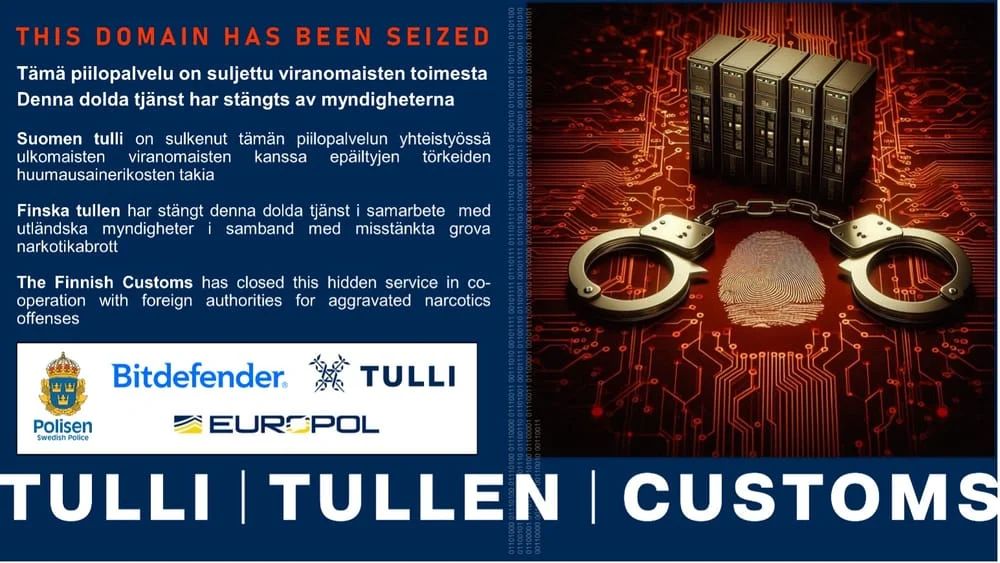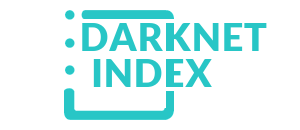The darknet, also known as the dark web, is a concealed section of the internet that's inaccessible via standard search engines. You can only access it using special software, settings, or authorization. This area comprises websites and content that are purposely kept hidden from public view.
Accessing darknet requires using Tor Browser, a special web browser that routes your internet traffic through a global network of relays managed by volunteers. This way, it becomes very difficult to trace which websites you're visiting, and these sites won't know where you are located.
When visiting the dark web, use a secure browser like Tor, do not reveal any of your personal information, and don't open suspicious files or links to stay safe.
The Darknet is often utilized for secure communication, discreet information or file sharing, anonymous research without identity exposure, and occasionally for engaging in illicit activities. It is also recognized for hosting underground black markets(darknet markets), whistleblowing platforms, and discussion boards that champion freedom of speech.
While accessing Darknet Markets themselves is typically not against the law in most places, engaging with illicit goods within them is generally considered a crime. On the other hand, some people might visit Darknet Markets for lawful purposes such as research, journalistic work, or simply to explore online communities. It's essential to know the local laws regarding online activities, and be cautious when using these platforms to avoid any potential issues.
Finland Seizes Servers of 'Sipultie' Darknet Market
The Finnish Customs office has dismantled and seized the servers of the darknet market 'Sipulitie.' It was a darknet market where criminals sold illegal drugs anonymously.
Today, the agency announced that the darknet market served Finnish and English-speaking users. Its operator claimed a revenue of 1.3 million Euros (about $1.42 million).
This operation was possible due to international cooperation. It included Finnish Customs, Europol, Swedish police, and Polish law enforcement. It also included researchers from a cybersecurity firm, Bitdefender.
Sipultie was launched in February 2023 after authorities shut down its predecessor, ‘Sipulimarket,’ in December 2020. Sipulimarket generated over two million Euros since its inception in April 2019.
Following the takedown, the same administrator established Sipultie, along with a separate chat-based platform for drug sales called Tsätti, which was launched in 2022.

Authorities took both Sipultie darknet market and Tsätti offline, displaying a banner on the website to inform visitors of the takedown operation.
Hannu Sinkkonen, Director of Enforcement at Finnish Customs, confirmed the seizure. He noted that they had identified the main operator, moderators, and users of the marketplaces. Suggesting that arrests could soon follow. "During the investigation, we uncovered the identities of the admins of Sipulitie, Sipulimarket, and Tsätti." We have also identified the moderators and customer service representatives assisting the administration. Utilizing the seized materials, we have pinpointed drug sellers and buyers operating on Sipultie." – Finnish Customs
Following the takedown of Hydra in 2022, which was the largest darknet market dedicated to drugs globally, communities involved in this kind of crime migrated to smaller, localized platforms or even mobile applications.
Nonetheless, law enforcement operations have persisted. In March 2024, German authorities seized the infrastructure of the Nemesis Market, which had been facilitating drug sales since 2021.
In May 2024, the suspected owner and operator of Incognito Market, estimated to have sold over $100 million worth of narcotics, was arrested in New York.
Earlier this month, Dutch police apprehended the administrator of the drug market Bohemia/Cannabia, which, at its peak in September 2023, reportedly generated revenue exceeding 12 million Euros ($13.1 million).
